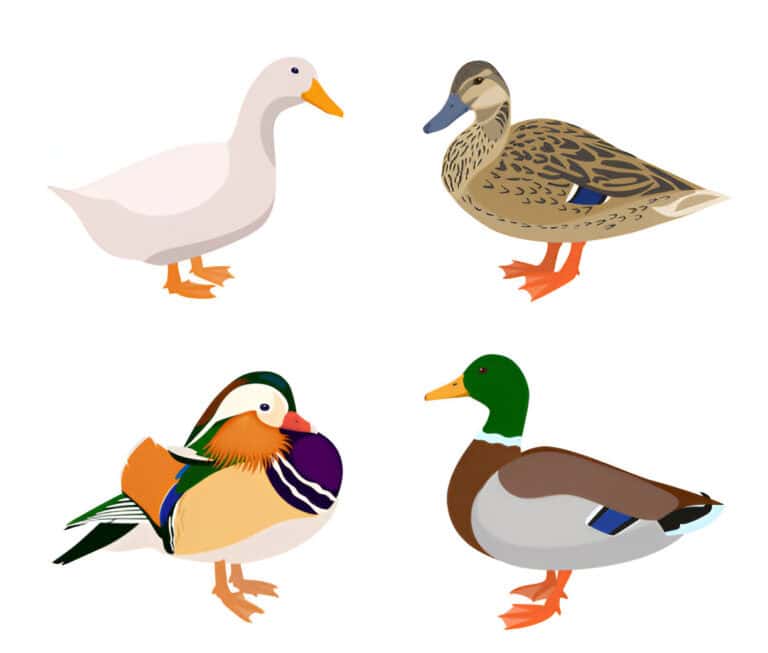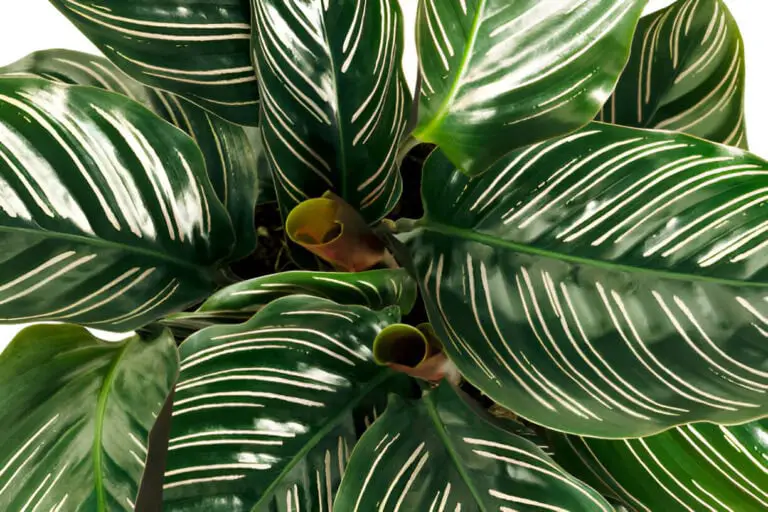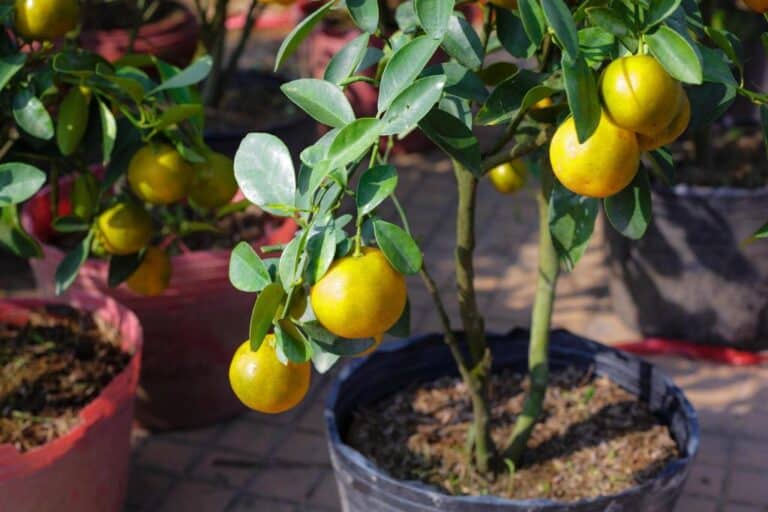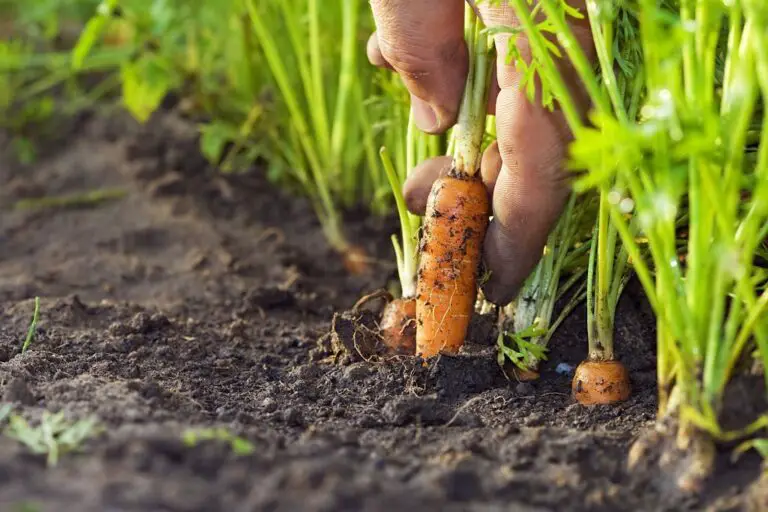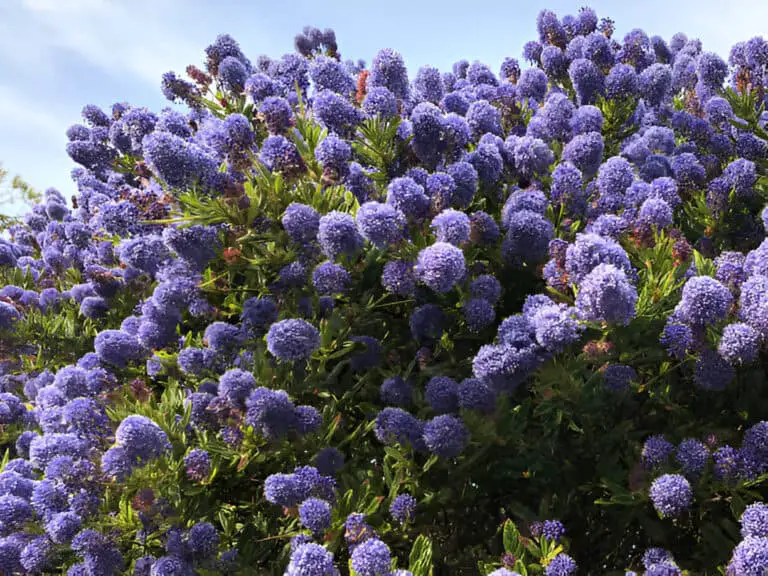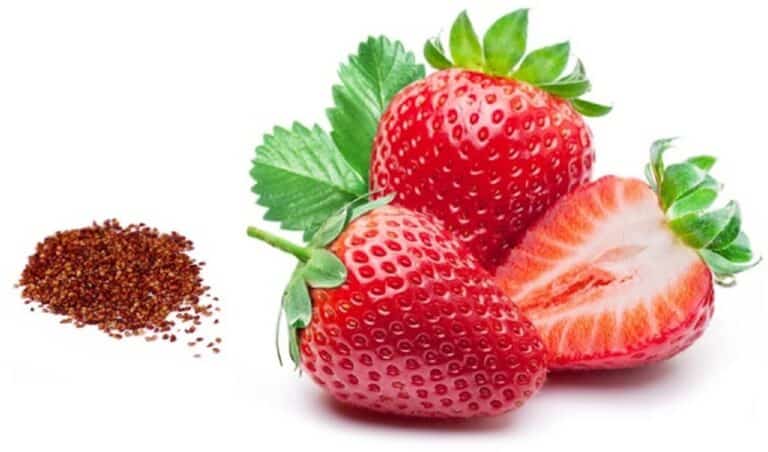Variegated Schefflera Care 101: Keep Your Plant Thriving Year-Round
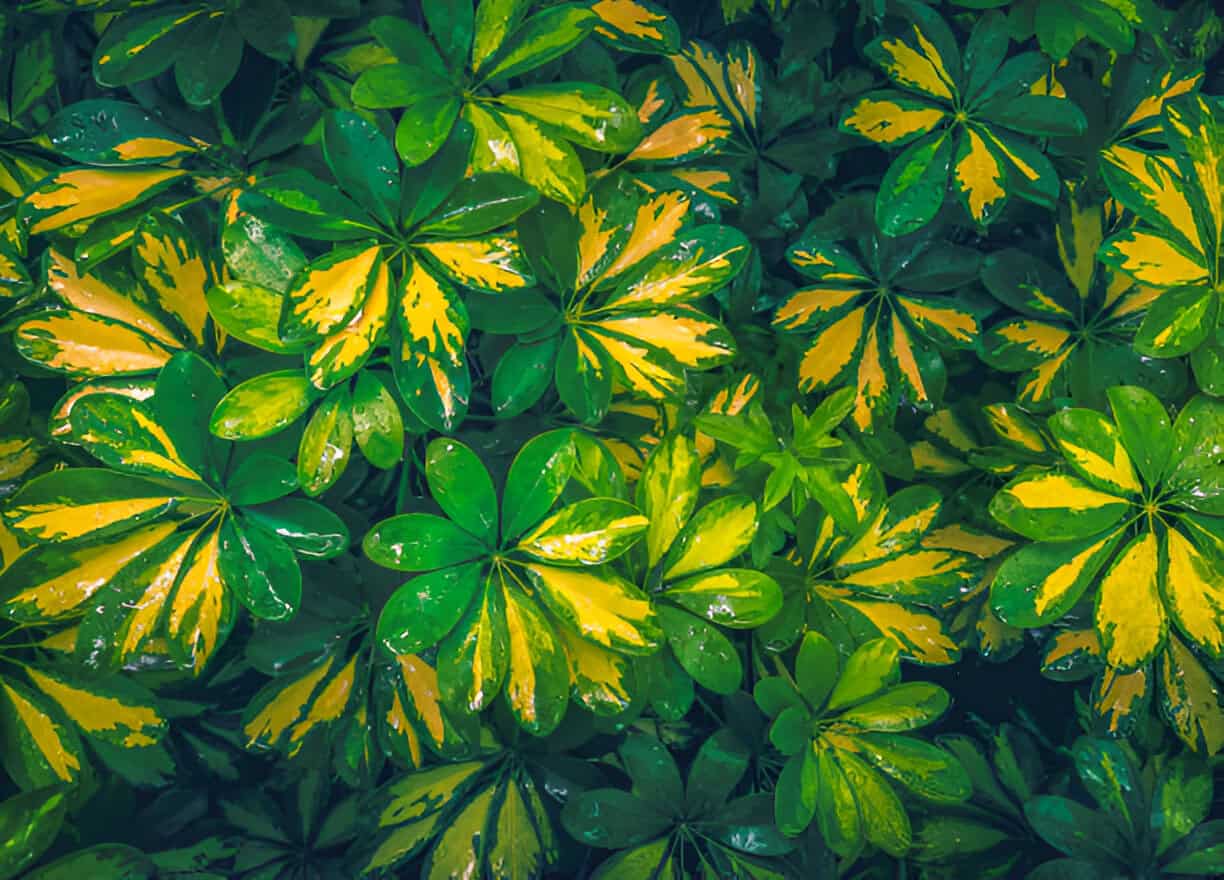
I’ll admit it—variegated Schefflera is one of my favorite houseplants. With its eye-catching green-and-yellow leaves, this beauty brightens up any space while being surprisingly low-maintenance. But don’t let its easygoing nature fool you. To keep a Schefflera thriving year-round, you’ll need to understand its needs and quirks. Let’s break down everything you need to know, from lighting and watering to pruning and pest control.
Understanding Variegated Schefflera
Variegated Schefflera (Schefflera arboricola), also known as the dwarf umbrella tree, is a tropical plant that thrives indoors and outdoors in warm climates. Unlike its all-green cousin, the variegated version boasts splashes of yellow or cream, making it a stunning focal point in any room or garden.
Quick Care Guide
| Factor | Ideal Condition |
| Light | Bright, indirect sunlight |
| Water | When top 2 inches of soil are dry |
| Humidity | Moderate to high |
| Temperature | 60-75°F (16-24°C) |
| Soil | Well-draining, peat-based mix |
| Fertilizer | Monthly during spring and summer |
Light Requirements: Finding the Sweet Spot
Variegated Schefflera loves bright, indirect sunlight. Too much direct sun scorches its leaves, while too little light causes leggy, weak growth. If your plant starts losing its variegation and turns mostly green, it’s begging for more light.
Best Placement Ideas:
- Near an east- or west-facing window with sheer curtains
- A few feet away from a south-facing window
- Under grow lights if natural light is limited
Watering: The Goldilocks Approach
Overwatering is the fastest way to send your Schefflera to an early grave. On the flip side, letting it dry out completely leads to leaf drop. Strike the perfect balance by following these steps:
Watering Checklist:
- Stick your finger into the soil; if the top 2 inches feel dry, it’s time to water.
- Use room-temperature water to avoid shocking the roots.
- Water deeply until it drains from the bottom, but never let the plant sit in standing water.
- Reduce watering in fall and winter when growth slows.
Humidity & Temperature: Keeping It Cozy
Being a tropical plant, Schefflera thrives in moderate to high humidity. If your home’s air is dry, consider boosting humidity with these tricks:
- Misting the leaves every few days
- Using a humidifier nearby
- Placing the plant on a pebble tray with water
Temperature-wise, keep it between 60-75°F. Avoid placing it near drafty windows, air vents, or heaters, as sudden temperature changes cause stress.
Soil & Repotting: Give Those Roots Room
The right soil makes all the difference. A well-draining, peat-based mix keeps roots happy. You can create the perfect blend with:
| Ingredient | Purpose |
| Peat moss | Retains moisture without waterlogging |
| Perlite | Improves aeration and drainage |
| Pine bark | Adds structure and nutrients |
Repotting Tips:
- Repot every 2-3 years or when roots outgrow the pot.
- Choose a container 1-2 inches larger in diameter than the current one.
- Ensure the new pot has drainage holes to prevent root rot.
Pruning & Shaping: Keep It Looking Sharp
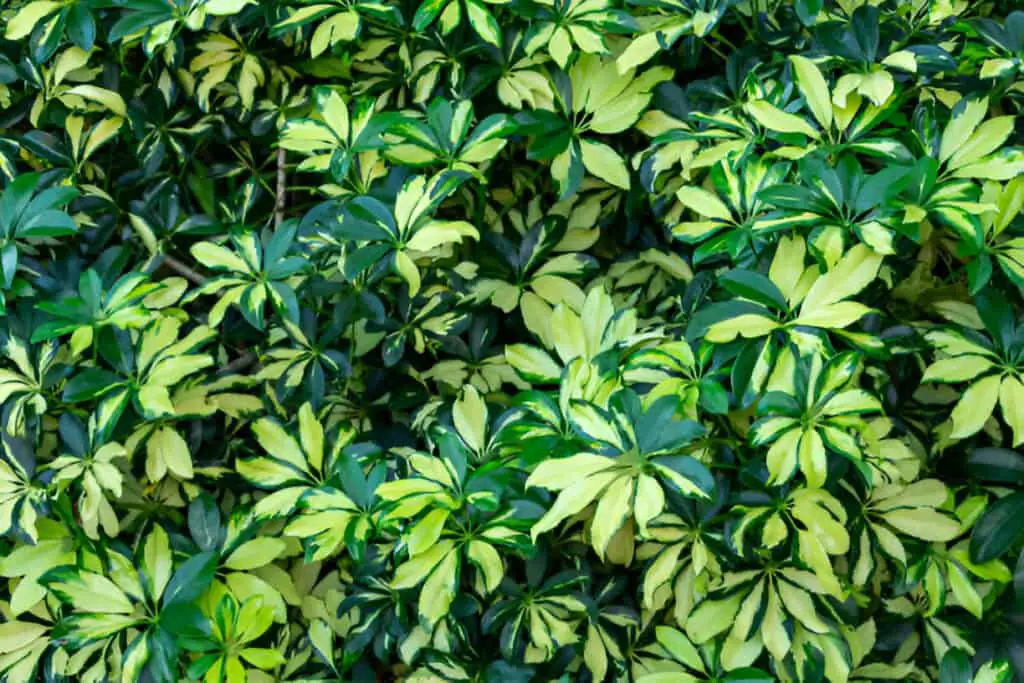
Schefflera grows fast, but without occasional pruning, it can get leggy or unruly. Here’s how to keep it in check:
- Pinch off new tips to encourage bushier growth.
- Trim leggy stems to maintain a compact shape.
- Remove yellow or damaged leaves to keep the plant healthy.
- If it gets too tall, cut it back by a third—it’ll bounce back quickly.
Variegated Schefflera Fertilization Tips
Keeping your variegated Schefflera healthy and vibrant requires the right fertilization routine. Just like us, plants need a balanced diet to thrive, and your Schefflera is no exception. Choosing the best fertilizer and knowing how often to apply it can make all the difference in maintaining its lush, variegated leaves.
Best Types of Fertilizers
For variegated Schefflera, a balanced, water-soluble fertilizer with equal parts nitrogen, phosphorus, and potassium (e.g., 10-10-10 or 20-20-20) works wonders. Alternatively, you can use a slow-release granular fertilizer for steady nutrient delivery. Organic options like compost tea or fish emulsion are also great for promoting healthy growth without the risk of chemical buildup.
| Fertilizer Type | Pros | Cons |
| Water-Soluble | Quick nutrient absorption | Requires frequent application |
| Slow-Release Granules | Low maintenance, long-lasting | Slower to show results |
| Organic Options | Gentle on plants, eco-friendly | Can have a strong odor |
How Often to Fertilize
During the growing season (spring and summer), fertilize your Schefflera every 4-6 weeks. In fall and winter, cut back to once every 8-10 weeks or stop altogether, as the plant’s growth slows down. Over-fertilizing can lead to salt buildup in the soil, which harms the roots, so always follow the instructions on the label.
Signs Your Plant Needs More Nutrients
Keep an eye out for these clues that your Schefflera might be hungry:
- Yellowing leaves
- Slow or stunted growth
- Pale or faded variegation
By sticking to a consistent fertilization schedule and using the right products, you’ll keep your variegated Schefflera looking its best year-round!
Common Problems & How to Fix Them
Even the best plant parents run into issues. Here’s how to troubleshoot common Schefflera problems:
| Problem | Cause | Solution |
| Yellowing leaves | Overwatering | Let soil dry out before watering again |
| Drooping leaves | Underwatering or cold drafts | Check moisture levels and move away from drafts |
| Brown leaf tips | Low humidity | Increase humidity with misting or a humidifier |
| Sticky leaves | Pest infestation (aphids, scale) | Wipe leaves with neem oil or insecticidal soap |
Pests & Diseases: Keep Unwanted Guests Away
Variegated Schefflera is pretty resilient, but it’s not immune to pests. The biggest culprits? Spider mites, aphids, and scale insects.
Pest Control Tips:
- Inspect leaves regularly for signs of pests (sticky residue, tiny webs, or bumps).
- Wipe leaves with a damp cloth to remove dust and pests.
- Use neem oil or insecticidal soap to keep bugs at bay.
- Introduce beneficial insects like ladybugs for natural pest control.
Final Thoughts: A Thriving Schefflera Year-Round
Caring for a variegated Schefflera isn’t rocket science, but it does take a little know-how. With the right light, watering routine, and occasional pruning, your plant will reward you with vibrant, lush foliage all year long. Whether it’s adding a tropical touch to your living room or brightening up your office, this resilient beauty is well worth the effort. So go ahead—give your Schefflera some love, and watch it thrive!

